Buying a home can feel like such a daunting and scary goal, especially as a first-time homebuyer. I will admit, there are a lot of steps to be taken, questions to be asked, and goals to accomplish before you will sign on the dotted line and be handed those keys to your first home. But don’t let that scare you! Purchasing a home is a VERY rewarding accomplishment and the sacrifice is worth it, I promise you!
I want this post to be a resource for you so I promise it will be jam packed with helpful information including a breakdown of my personal experiences with the home-buying process. I am confident this Q+A style post will answer all the questions you have about purchasing your first home, but even if it doesn’t, feel free to reach out to me and ask away! I’m here for you. Let’s dive in!
*disclaimer; I am not an expert on Real Estate, Mortgages, etc. I am simply sharing information I have learned from personal experience and discussions with my own contacts. Please consult with a Realtor/Lender for more information.
THREE THINGS TO REMEMBER AS A FIRST-TIME HOMEBUYER
- Buying a house is NOT out of reach for you. It can be done with a little discipline and the right mindset.
- Before you begin looking, spend some time to determine how much you can afford monthly and give yourself a generous buffer. I will dive into this deeper but want you to be mindful of this step!
- Purchasing a house is a huge accomplishment and requires a lot of patience. Enjoy the process of being a first-time homebuyer and trust the professionals you choose to help you find your HOME!
HOW MUCH MONEY DO YOU NEED TO BUY A HOUSE?
Okay I am going to break this out into a few different parts. But let’s first establish a scenario that we can use to help make things clear.
First, you need to determine how much you can afford per month on a mortgage. Evaluate your budget and come up with a few rough estimates of what you can afford.
I have always used Redfin’s handy Mortgage Calculator to determine this. Plug in a few different home price options, the down payment you can afford, zip code you are looking to purchase a home in and VOILA! *Note that these figures should be used as an estimate only and may change once a lender reviews your loan application and makes adjustments. So take that into consideration. If you have a good credit score, the calculator will be pretty close to accurate.
For today, I am going to use a home purchase price of $300,000 as our guide.
Down Payments
As a first-time homebuyer, you have a huge advantage here. First-time homebuyers can qualify for a loan with as little as 3.5% down. (This is contingent on having a good credit score and could differ based on other personal factors, but for this most part this is a great option and is what my husband and I did when purchasing our first home in California).
3.5% on a $300,000 home puts you at needing $10,500 for a down payment. This is totally do-able after some disciplined saving. This amounts to about $875/month for one whole year, or $30/day. I know everyone says SAVE SAVE SAVE! But it’s true. Think about how rewarding it would be to cut some serious costs elsewhere in order to have enough money to invest in your future. It’s worth it.
PMI (Also Known as “Mortgage Insurance”)
Okay so you have enough to put at least 3.5% down. YAY! However, you have to keep in mind that if you opt to put down less than 20% on a home (which is standard minimum), lender’s will force you to pay what is called “PMI” – stands for “Private Mortgage Insurance.”
PMI is a lender’s protection in the event that your home were to ever go into foreclosure. It’s a way for the mortgage company to protect their butt basically, since you were not able to secure a 20% investment up front (which is 100% okay as a first-time homebuyer!). I’m not going to go into the nitty gritty on that here, so talk to a lender about the specifics.
But, PMI ends up costing between 0.5%-1% of the loan per year. So on a $300,000 home, PMI would cost you $1,500-$3,000 extra per year, or $125-$250/month on your mortgage. Keep this in mind when calculating how much you can afford!
*Note that PMI will fall off once you have invested 20% of the appraised value into the home. This usually takes several years of consistent payments to chip away at that number BUT you can always refinance if the value of your home INCREASES enough that you have invested 20% total. This gets a bit confusing but we actually refinanced our first home after 2.5 years to have PMI taken off!
Closing Costs
This may just be the most shocking part of purchasing a home if it’s your first time. It was definitely what shocked my husband and I the most when we sat down and talked to a lender.
Closing costs are a whole bunch of fees you have to pay at the close of escrow for things like title insurance, inspection fees, document processing fees, lender fees, blah blah blah. Again, I’m not going to discuss this in detail because there is a LOT that goes into what closing costs are.
But, closing costs can range from 2-5% of the home purchase price. These closing costs get paid on top of your down payment, and can be a real deal breaker in how much you can afford to put down upfront. In my personal experiences with purchasing 2 different homes (at 2 vastly different purchase prices), closing costs ended up being around 3%. So I think this is a good estimate to use in your calculations.
On a $300,000 home, you would need roughly $6,000-9,000 in closing costs. I know, YIKES. That is almost DOUBLE your down payment of 3.5%. *sigh*
Don’t be discouraged, though. Save a little bit more before starting the house hunting process and you will NOT regret it!
Property Taxes & Interest
Not much to say here, just be sure to account for property taxes & interest in your monthly calculations. Property tax varies depending on the state you are purchasing a home in so do some research before starting the house hunting process. Redfin’s Mortgage Calculator does account for an average on this once you input that zip code.
Interest is also another fun thing you have to pay for monthly. Interest rates change so much so it’s hard to say but check current rates with a local lender or a quick google search should give you a good estimate. Right now, standard rates are about 4.0% so this is a good place to start.
TOTAL COSTS
Let’s breakdown everything we just talked about in an easy illustration for you.
Purchase Price: $300,000
Down Payment: $19,500
3.5% money down ($10,500) + 3% closing costs ($9,000) = $19,500
Monthly Payment: roughly $1,900
(assumes 1% annual PMI, 1.5% annual property tax + a 4% interest rate)
Obviously these figures would change depending on the purchase price, but this is how to calculate an easy illustration! I know we have covered a LOT of information at this point so if you’ve made it this far, WAY TO GO. You’ve already learned SO much more than I knew when I was a first-time homebuyer.
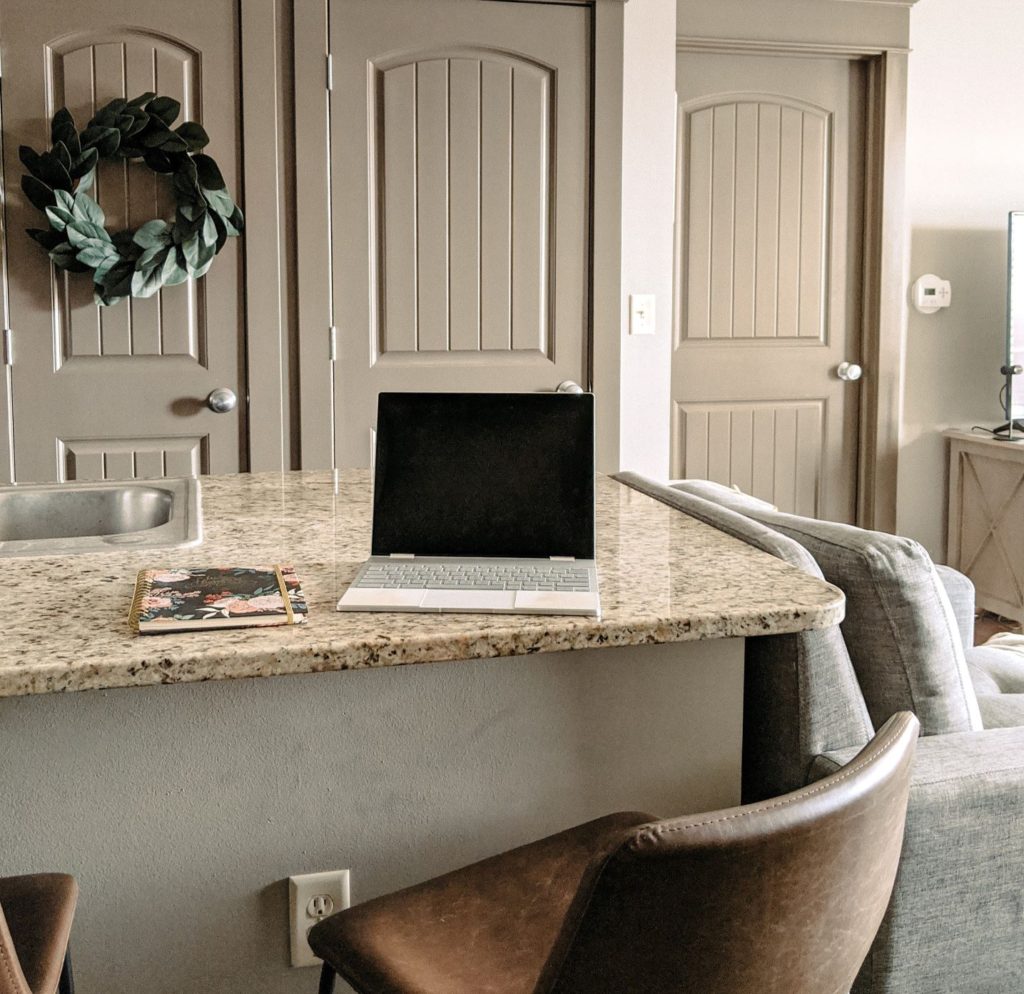
MAKING AN OFFER
Alright so you have decided how much you can afford, saved up for your down payment and closing costs, and now it’s time to make an offer on your first home. In today’s market, things move quickly so once you find a house you like, you have to jump on it fairly quickly. For us out in Nebraska, sellers were accepting offers on homes the same day they were going on the market. It was crazy, fast-paced, and definitely stressful. I’m going to breakdown the process a little bit and hopefully help make it less daunting!
Getting Pre-Approved
Okay this step is HUGE. You cannot make an offer without a pre-approval letter from a lender. A pre-approval letter is basically a document that states you are approved for x amount of loan on a house (and they usually expire after 60-90 days). In order to obtain a pre-approval letter, you have to get in touch with a lender (most realtors have connections so this part is easy). Once you’ve found a lender, they will ask you a few preliminary questions, gather financials (paystubs, copies of assets, credit checks, etc). to gather all of the information required to determine how much you are able to get approved for.
General rule of thumb here: if you have a good credit score and stable income, you will be able to get approved for a purchase price that would result in a monthly mortgage payment no more than HALF of your monthly income. So, if you make $4,000 a month, you would get approved for a loan that would make your monthly mortgage payments no more than $2,000.
*Reminder that I am no expert here. This is best case scenario. A lot of factors go into the pre-approval process so this is just a rough guide to help make the process clear. A discussion with a lender is going to be your best bet for getting a concrete idea of what this would look like for your specific situation.
Once you have a pre-approval letter, you are are all set and ready to make offers!
Touring the Home + Making Your Offer
Once you see a house go on the market that you like, you will want to arrange a time to tour it. Your realtor does this part for you. I usually turn on Zillow + Redfin notifications so that I get emails sent to my inbox every time a house with my specific requirements goes on the market – I set filters (houses in a specific price range, zip code, and with x features I am looking for like square footage, # of bedrooms/baths, etc.). This will help you get ahead of the game to jump on a house you like right away!
After you’ve toured it, take a few hours to think about it, decide if you want to make an offer, and then let your realtor know you are ready to move forward! They take care of drawing up the offer for you and presenting it to the seller’s realtor. And then, you wait!
*TIP: It is a GREAT idea to include a personalized letter with your offer. We did this with all of our home offers. Introduce yourself, share what you love about the home and why it would be a perfect fit for your family, and express how grateful you are for the opportunity to make an offer. This personal touch goes a LONG WAY. It definitely made an impact on us when selling our home, too!
Don’t Stress About Your Offer Not Getting Accepted
It’s no fun, but it happens. Sometimes you make a GREAT offer and the sellers just don’t accept. Often times it’s because a better offer was on the table, or yours just wasn’t what they were looking for. There are a lot of reasons a seller can decline your offer, but as a first-time homebuyer, this will often times teach you how to prepare a better offer next time. Don’t stress it – something else will come along SOON. Just be patient, and trust the process.
When searching for a home out here in Nebraska, my husband and I put an offer in on a home that didn’t get accepted. We were crushed for a bit, but two days later (yep, two days HA), another house far better than that one went on the market and our offer was accepted! It’s all about patience and trusting that God has a plan for where He wants you!
Escrow: How it Works
Once your offer has been accepted, escrow opens and usually remains open for a pre-determined number of days. Standard is 30 days. Within these 30 days, you will arrange for things like home inspections, appraisals, and all of the nitty gritty loan processing steps that take a lot of time and patience. I’m not going to go into specifics here, but your lender will walk you through every step.
Also, on the day escrow opens, you usually have to bring in a “good faith deposit” (also known as “earnest money”)to the escrow company. This is a personal check that amounts to an agreed figure you stated in your offer that would be cashed as an up-front deposit (differs based on state. In CA, our deposit was $7,000. In Nebraska, it was only $2,500). This deposit gets forfeited if you were to “back out” of the home purchase at any time during escrow for in-valid reasons (ie. just don’t feel like you want the home anymore, or your loan funding falls through, etc.) If all goes smoothly, this deposit gets deducted from the total down payment you have to pay at the end of escrow! So it is NOT an additional fee, just an up-front deposit.
The escrow process is different for everyone because it depends on the specific stipulations you had in your offer and your personal situation for loan approval, etc. Especially as a first-time homebuyer, this process will look different from your future purchases! The time in escrow is essentially a whole lot of paperwork, patience, and a ton of waiting. But on that last day of escrow when you sign your final papers and get those keys, I promise you it’s the best feeling in the world because you are officially a HOMEOWNER!
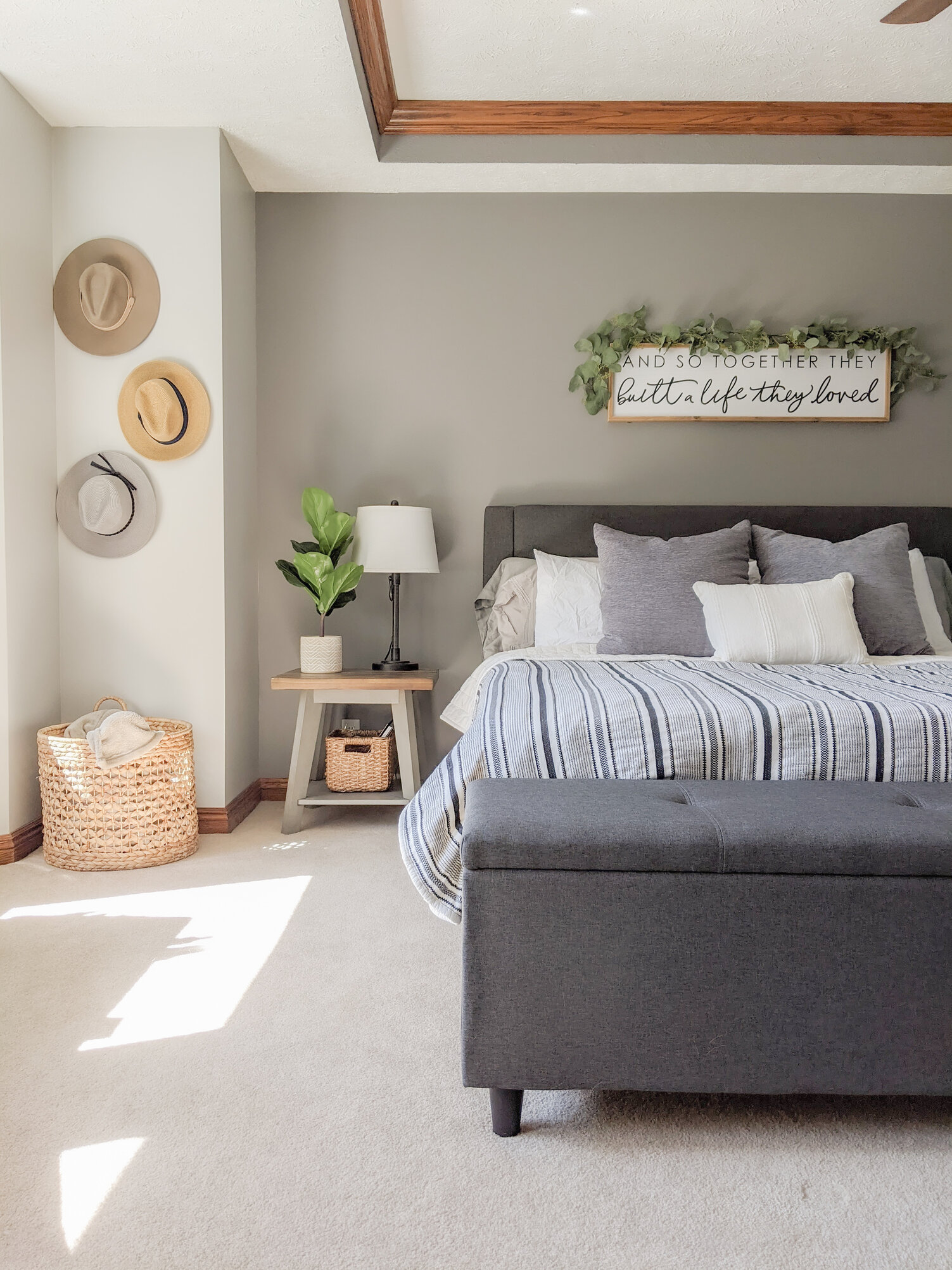
MY PERSONAL EXPERIENCE AS A FIRST-TIME HOMEBUYER
At this point in the post, I want to take a moment to talk briefly about our personal experience as a first-time homebuyer in hopes of providing some more practical insight and to dive deeper into some of the questions you guys asked.
When my husband and I decided to purchase our first home, there was a lot we didn’t know. But based on what we had calculated for a home in the area we were living in at the time, the cost of a monthly mortgage was going to be around the same as monthly rent for an apartment. We knew making the initial sacrifices to save enough for a down payment was worth it in the end so that we could invest our money in a property.
In a way, purchasing a home is like forced savings. You pay a monthly mortgage and some of it goes to things like interest and PMI, but the principal part is going towards equity that you are building and essentially “saving.” This was huge for us once put into perspective, so we made the decision to talk to a lender and start house hunting.
Setting Us Up for the Future
The profit we made from selling our first home after 3 years of living in it was the ONLY way we were able to have enough money to put 20% down on our second home out here in Nebraska.
For the most part, the value of your home is always going to increase. Unless we experience a crash and values decrease for a bit (in which case you would just keep the property – rent it out or wait until values go back up before you sell), you will make a profit (or at the very least make back the money you poured into it as a down payment & monthly principal). Of course we were able to save some money over those three years as well, but the investment we made in that home paid off big time in setting us up for our next home purchase.
This being said, my biggest takeaway for you today is this: MAKE INVESTING IN A PROPERTY YOUR PRIORITY. It doesn’t have to be THE home (you know the “forever home” you plan to be in for 20+ years). Find an affordable condo or a lower budget fixer upper and start investing in that future of yours! The sacrifice you make now to do it will reap sweet rewards that you will thank yourself for later!
We exhausted our savings (about 1 year of saving) to purchase our first home and it stretched us thin for a bit, I won’t lie. But we prioritized the investment and found a way to make it work. Have those conversations, take those steps, save that money, and take the leap!
*DID YOU KNOW? Talking to a realtor is 100% FREE! Realtors make money off a property that is SOLD, so essentially the seller pays your realtor. You don’t pay them a dime. This means it doesn’t hurt to get connected and start talking to someone today!
FIRST-TIME HOMEBUYER KEY TAKEAWAYS:
- Make sure you have enough money saved up to cover a down payment + closing costs! Use Redfin’s Mortgage Calculator to determine how much you can afford monthly and as a down payment.
- Get in touch with a realtor to start talking through some things you are looking for. If you are close to starting the hunt, get in touch with a lender to get pre-approved ASAP. Be proactive and patient.
- MAKE INVESTING IN A PROPERTY YOUR PRIORITY. It doesn’t have to be THE home (you know the “forever home” you plan to be in for 20+ years). Find an affordable condo or a lower budget fixer upper and start investing in that future of yours!
CLOSING THOUGHTS
Whew! That was a LOT of information. Thanks for sticking through and I really do hope this was helpful and informative for as a first-time homebuyer. Please feel free to reach out with any questions by dropping a comment below or getting in touch on any of my social media platforms.
Looking for more? I cover 5 Things No One Talks About When Buying a House in my part two of this blog series which you can read here. Check it out and be sure to subscribe to my email list so you don’t miss out on future posts. Happy house hunting!
PIN IT:
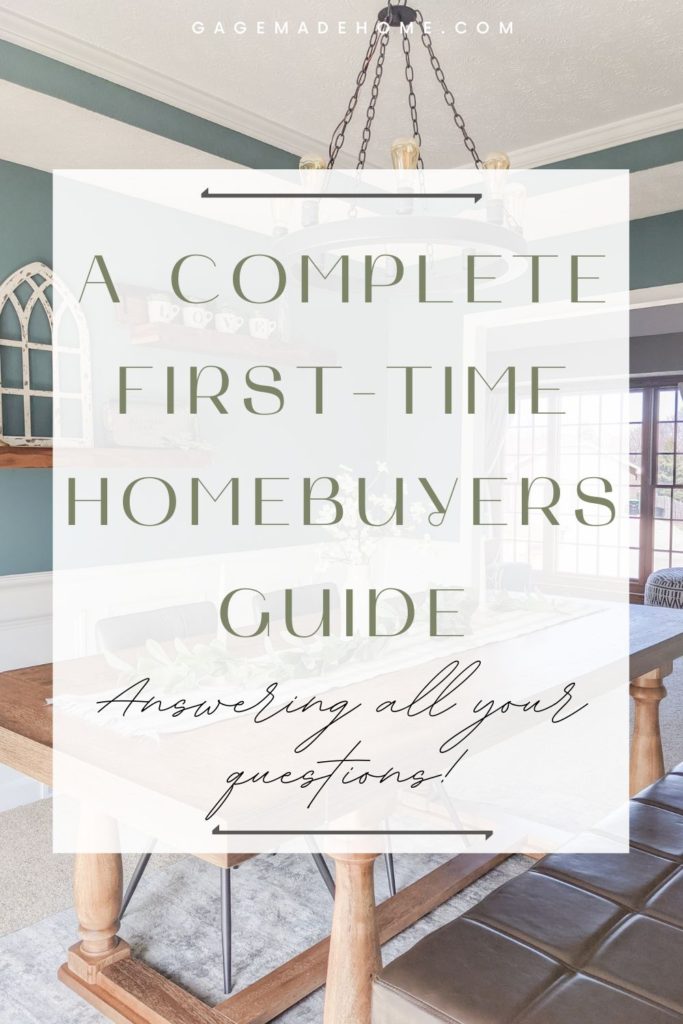
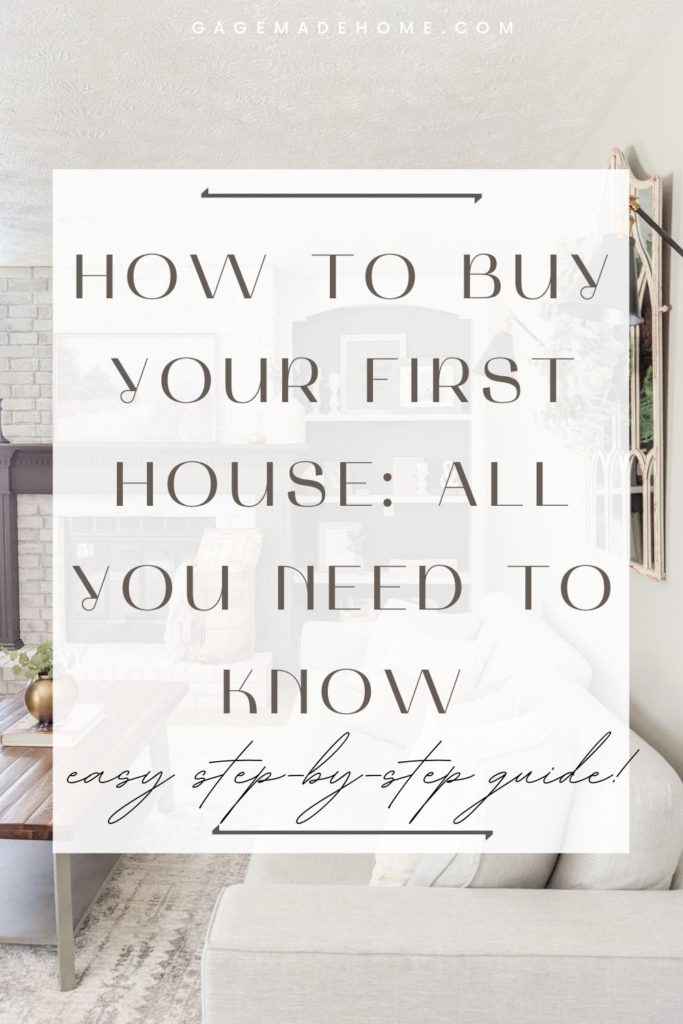

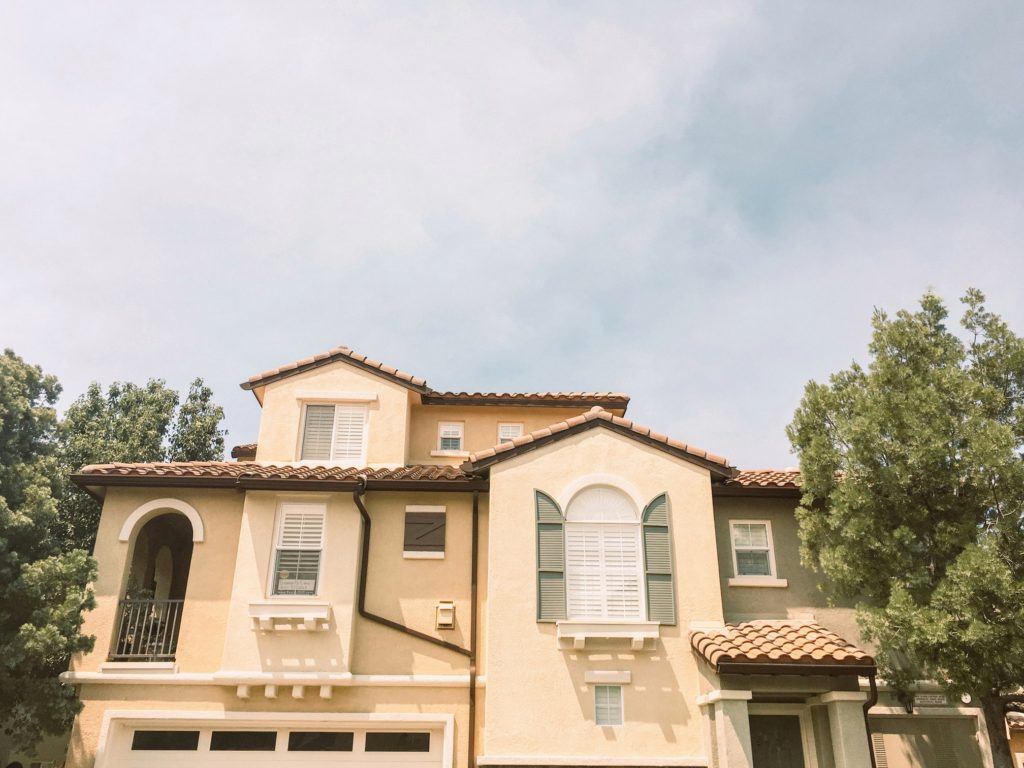
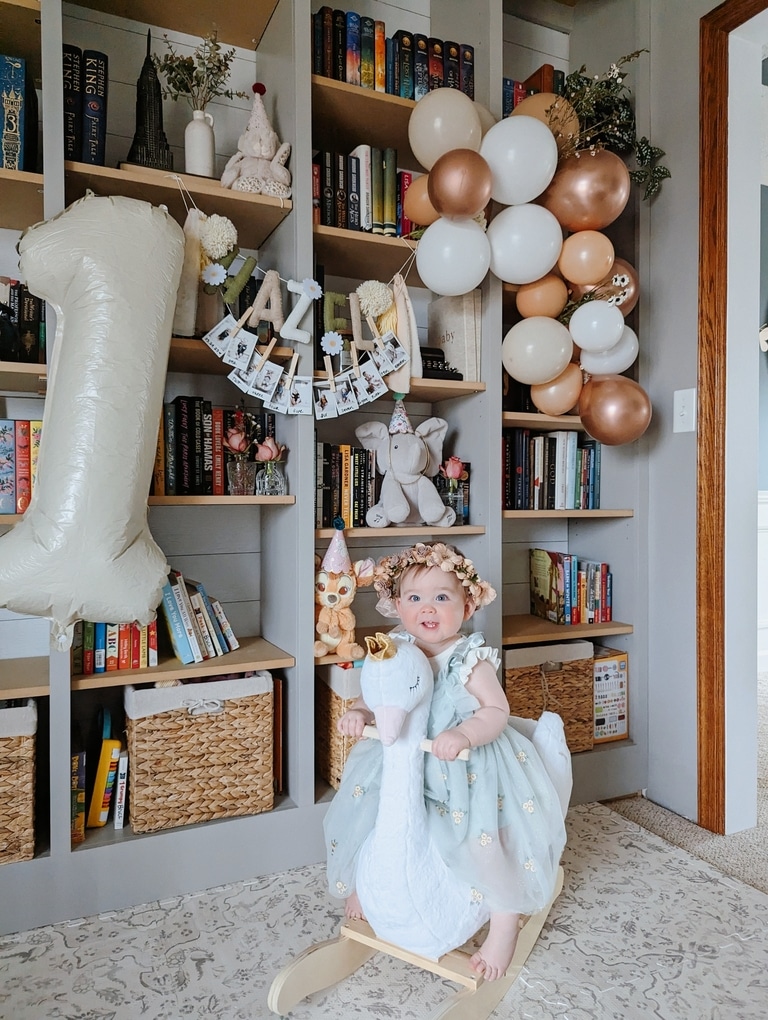

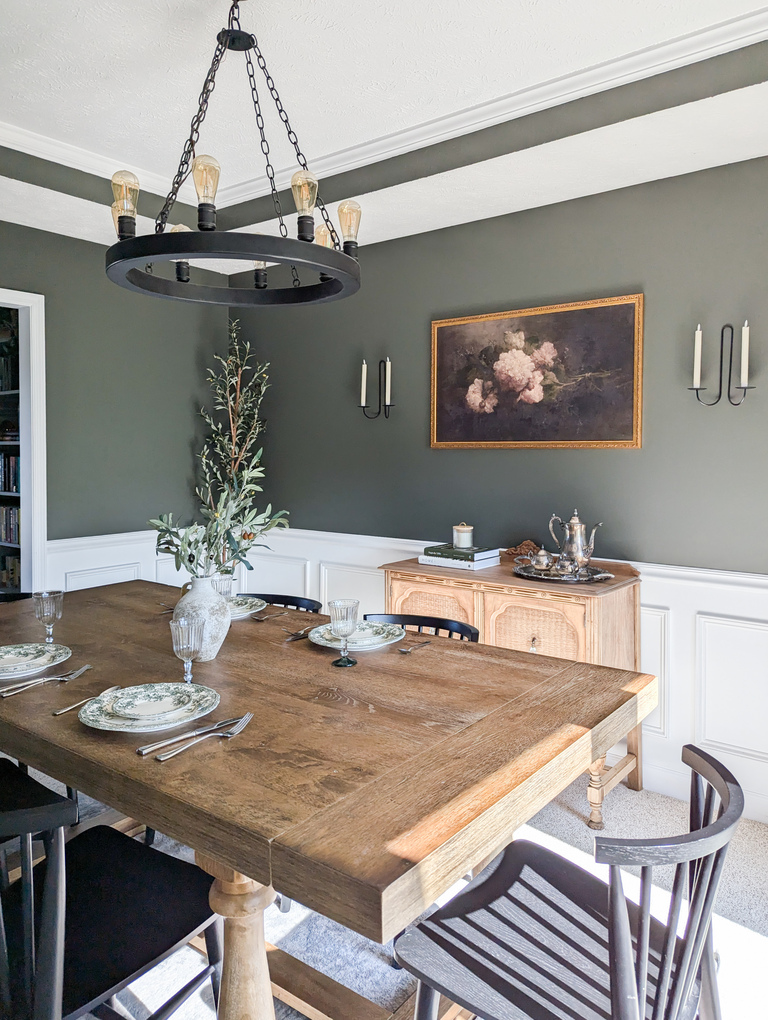
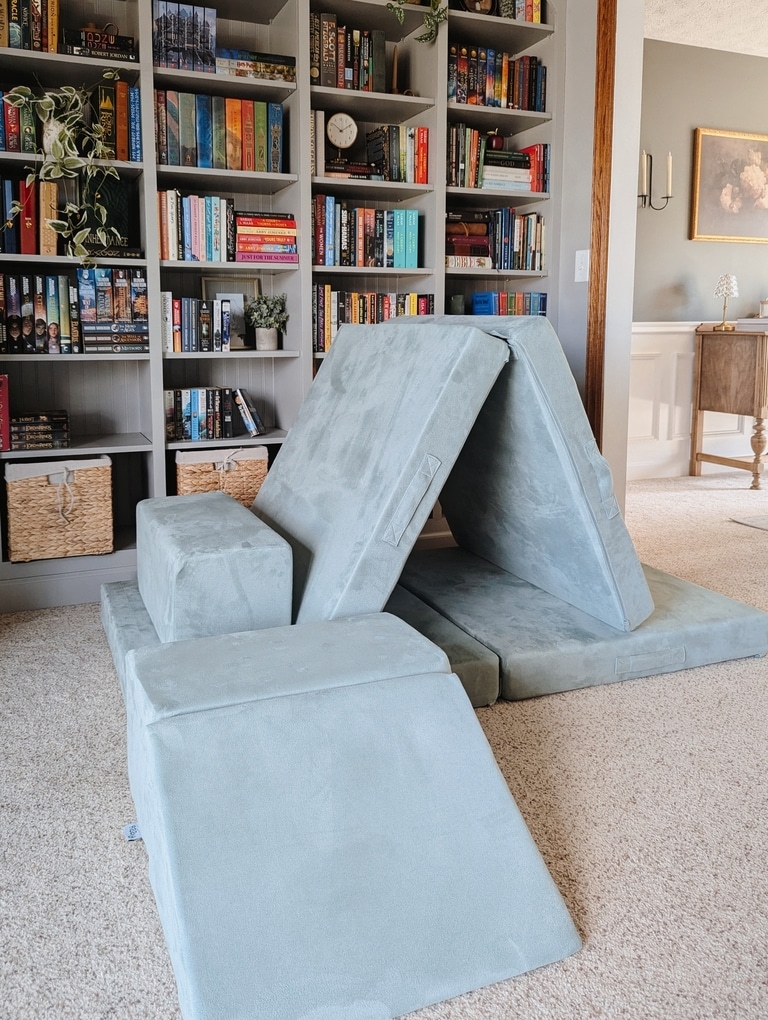
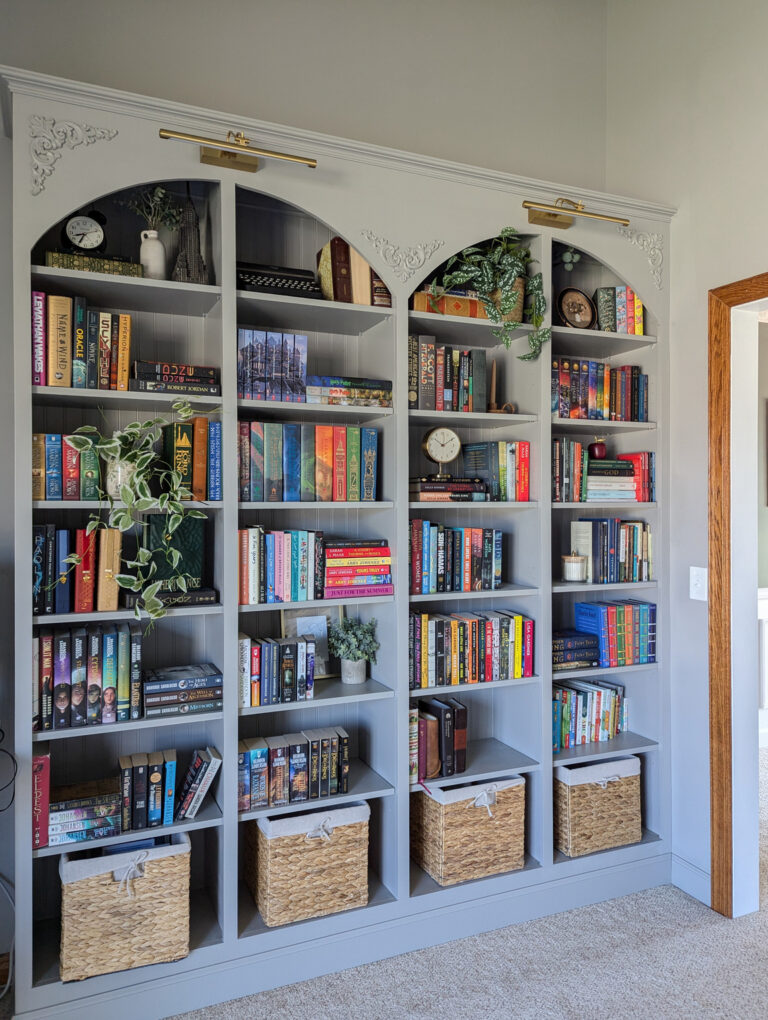
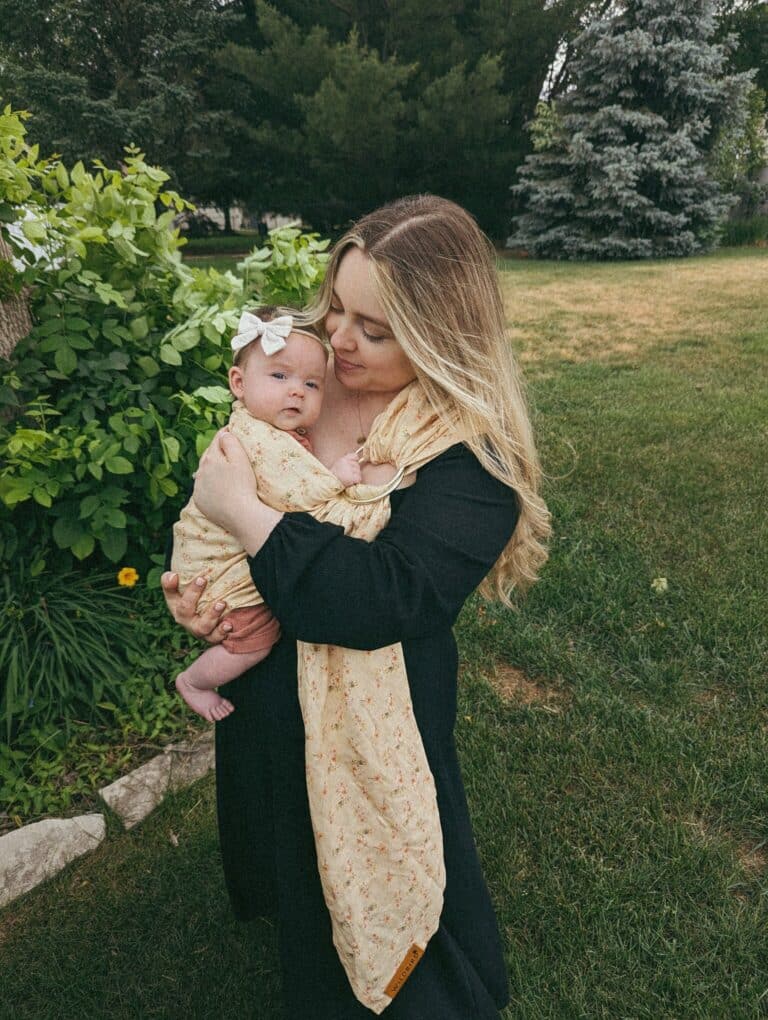

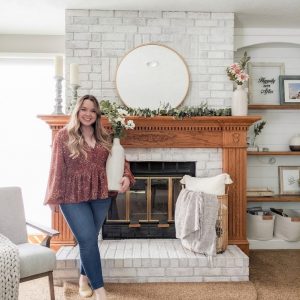
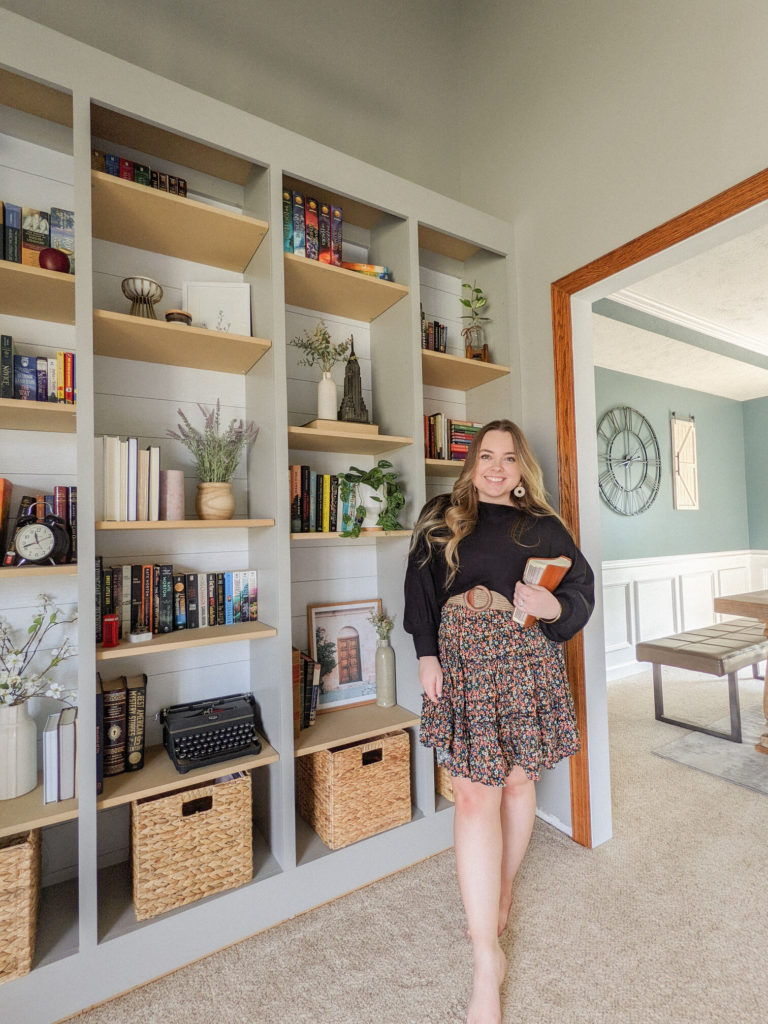
7 Comments
Wow! Thanks so much for all the info for buying a house! We’ll be buying a home soon too, so we’ll definitely be referring back to this.
This makes me so happy! Congratulations on beginning the search. It is such a rewarding accomplishment! I’m glad you found this helpful and hope it guides you with your next adventure! 🙂
Love this post girl! Phew, you’ve poured a ton of time into this one, but it is super helpful!
Ahh thank you so much!! I poured out all I could possibly think of that I wish I had known! 🙂
This was SO helpful. Thank you!!
I am so glad to hear! Thanks for reading!